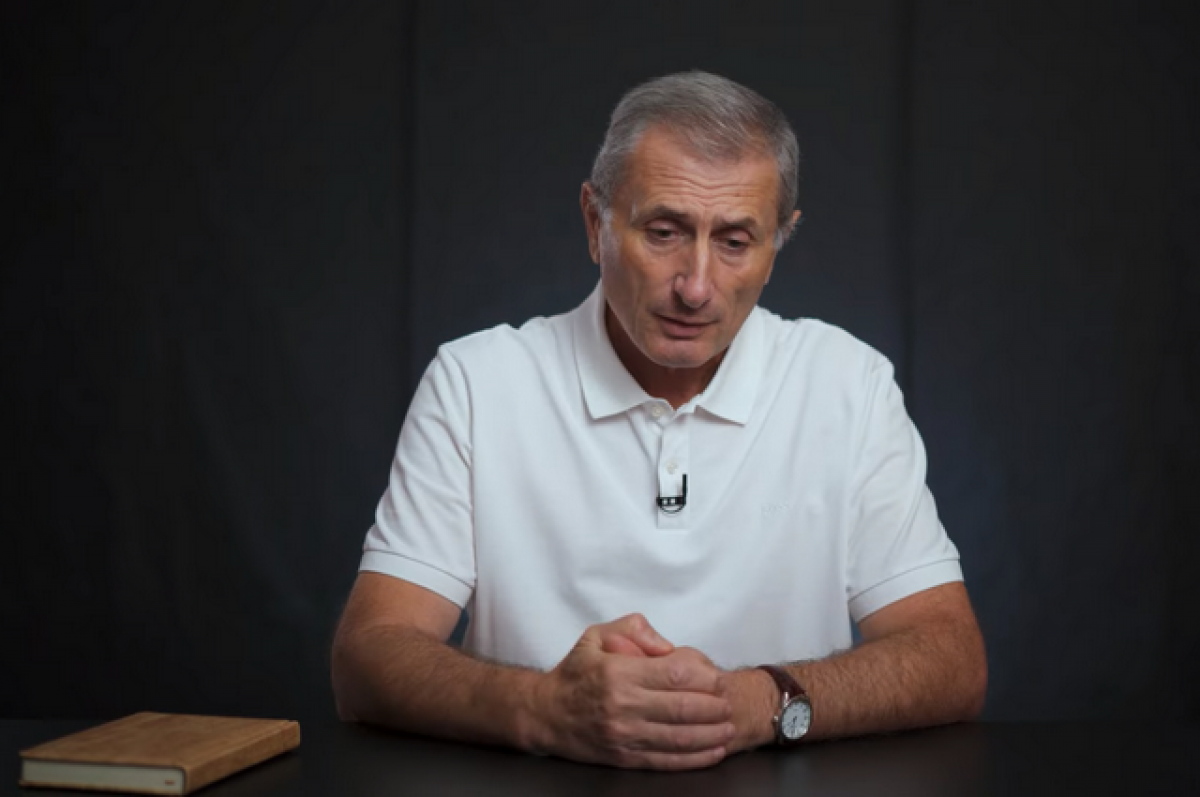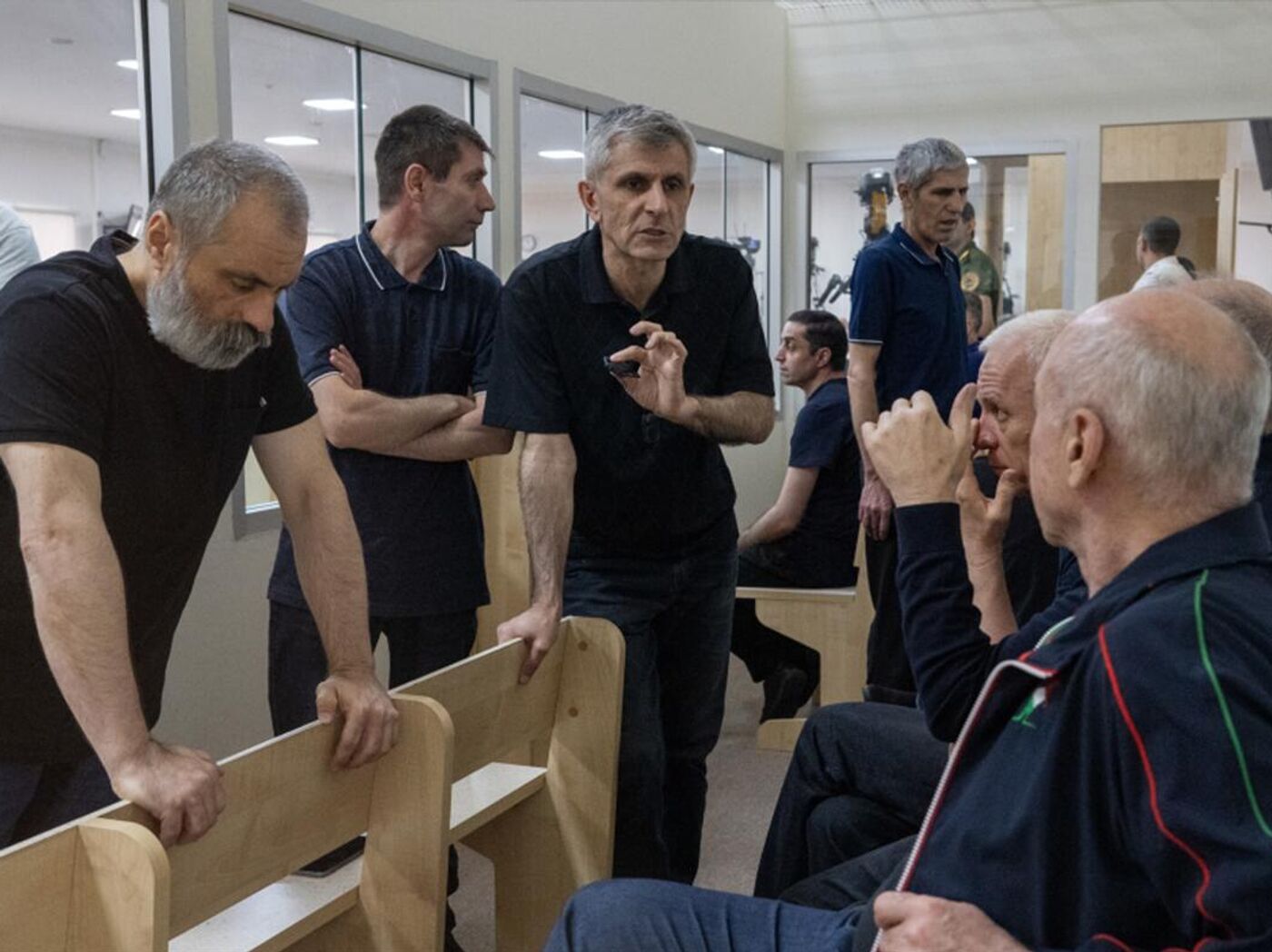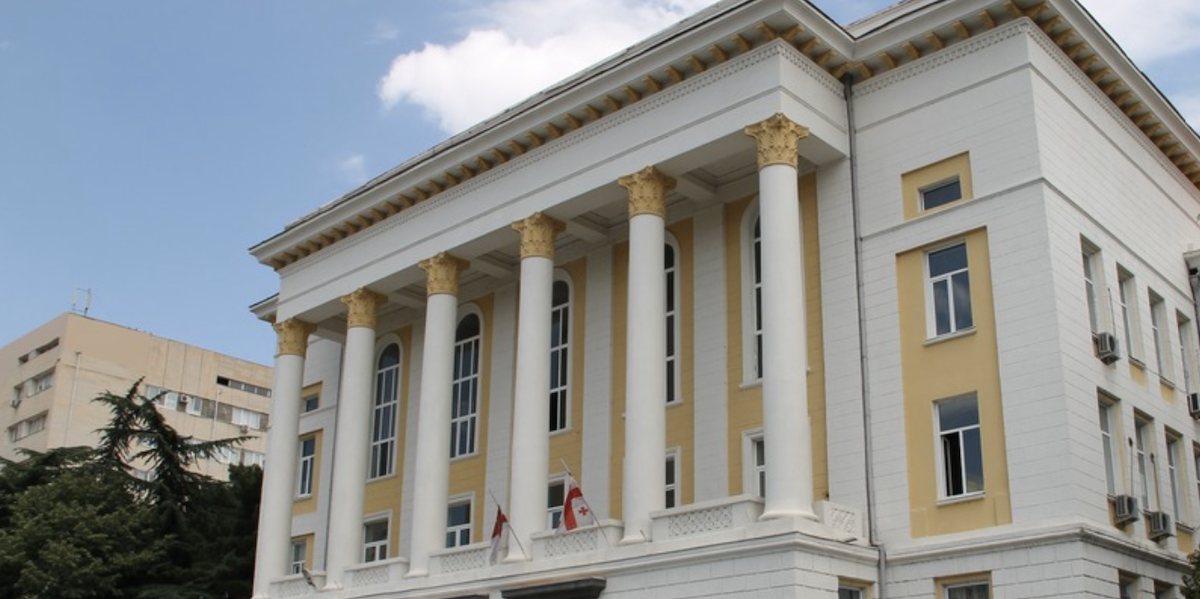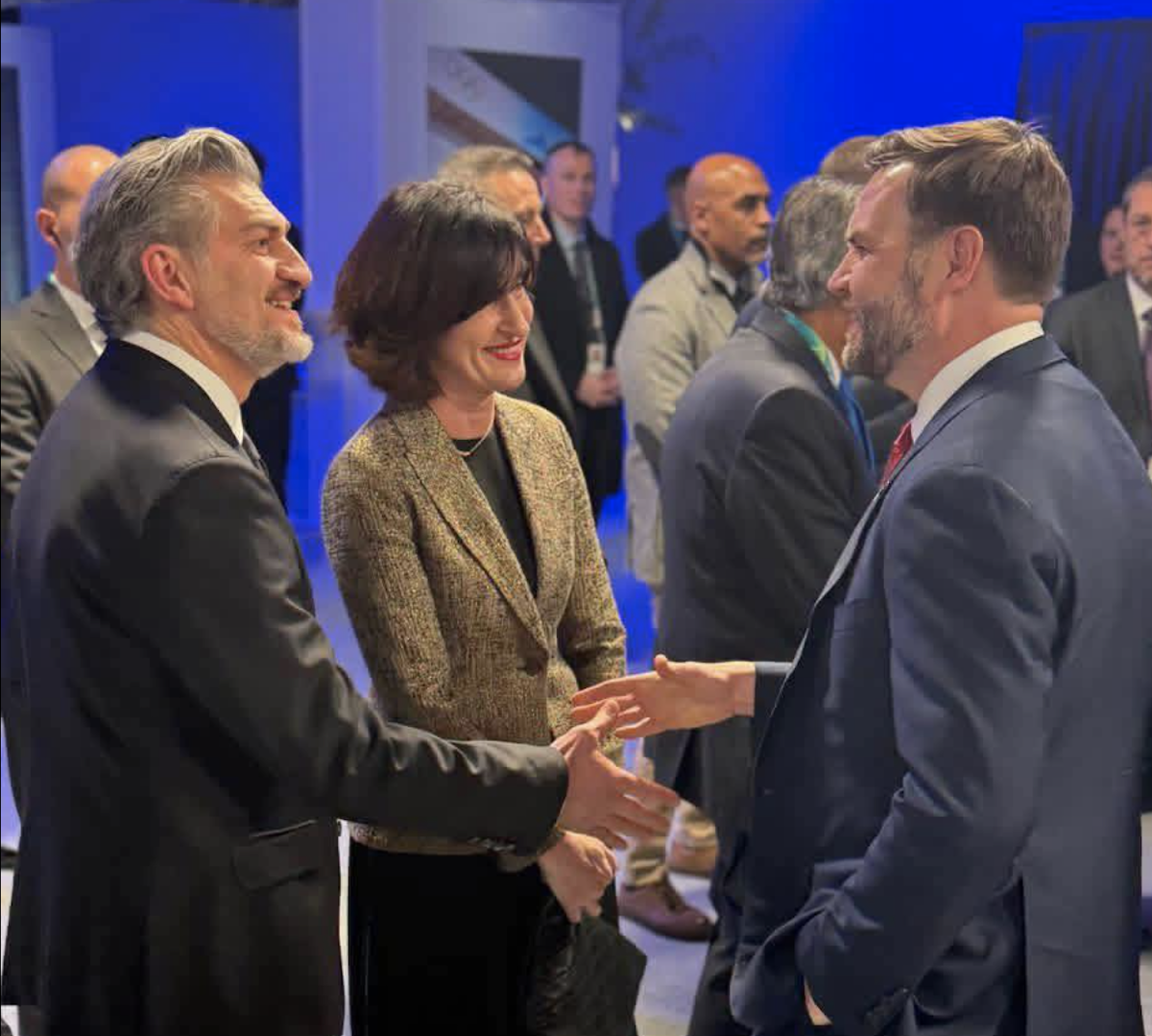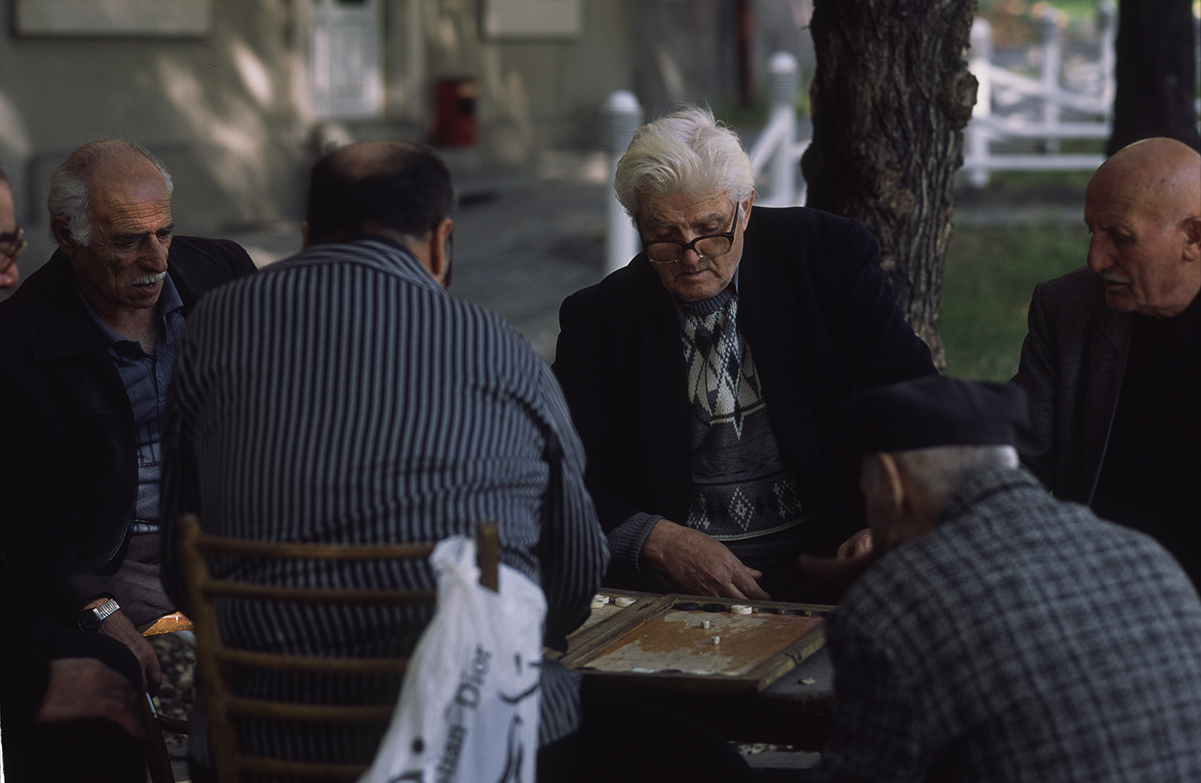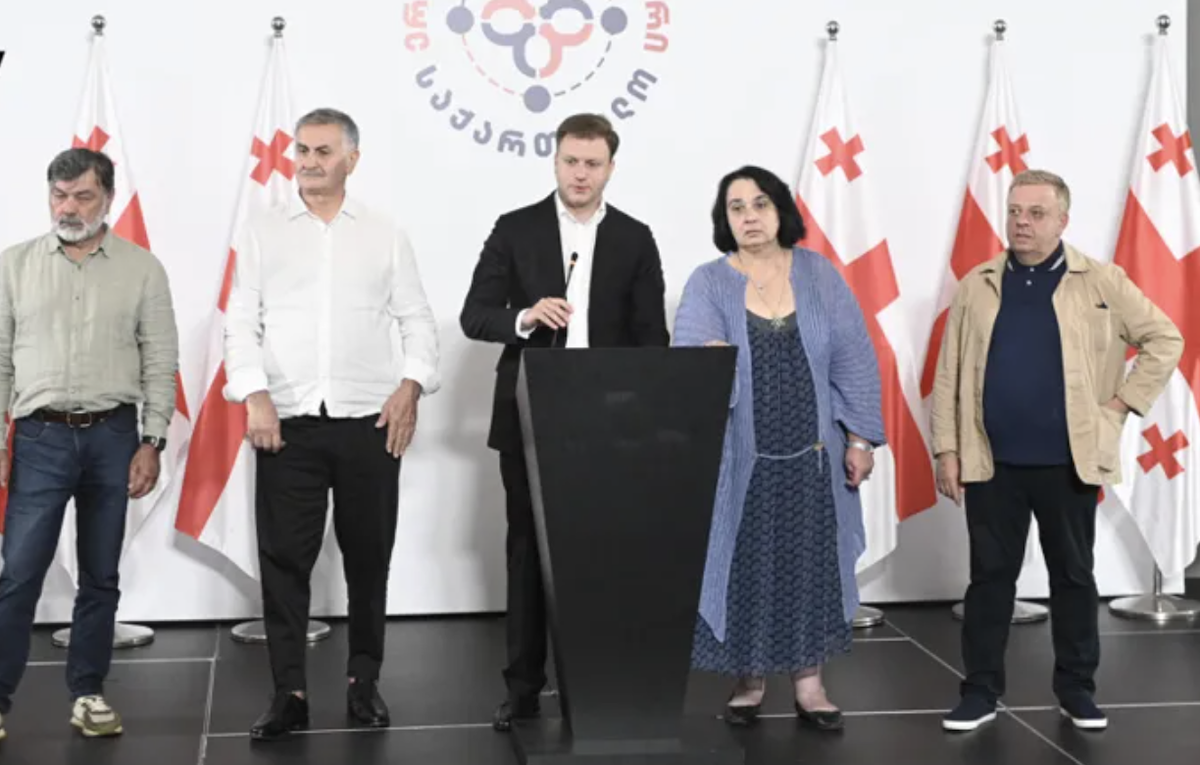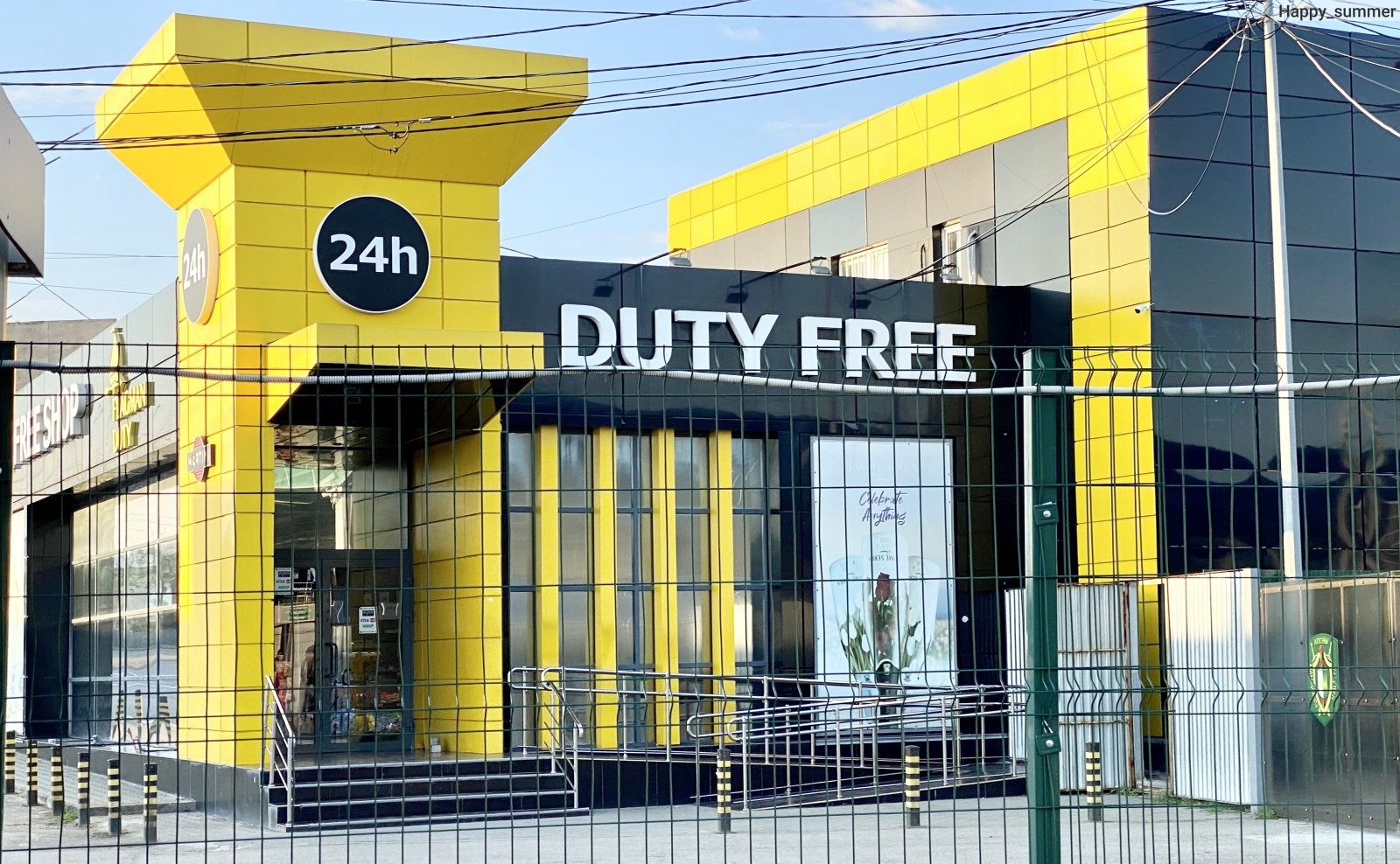Saakashvili sentenced to three years in prison in Georgia, may be extradited from Ukraine
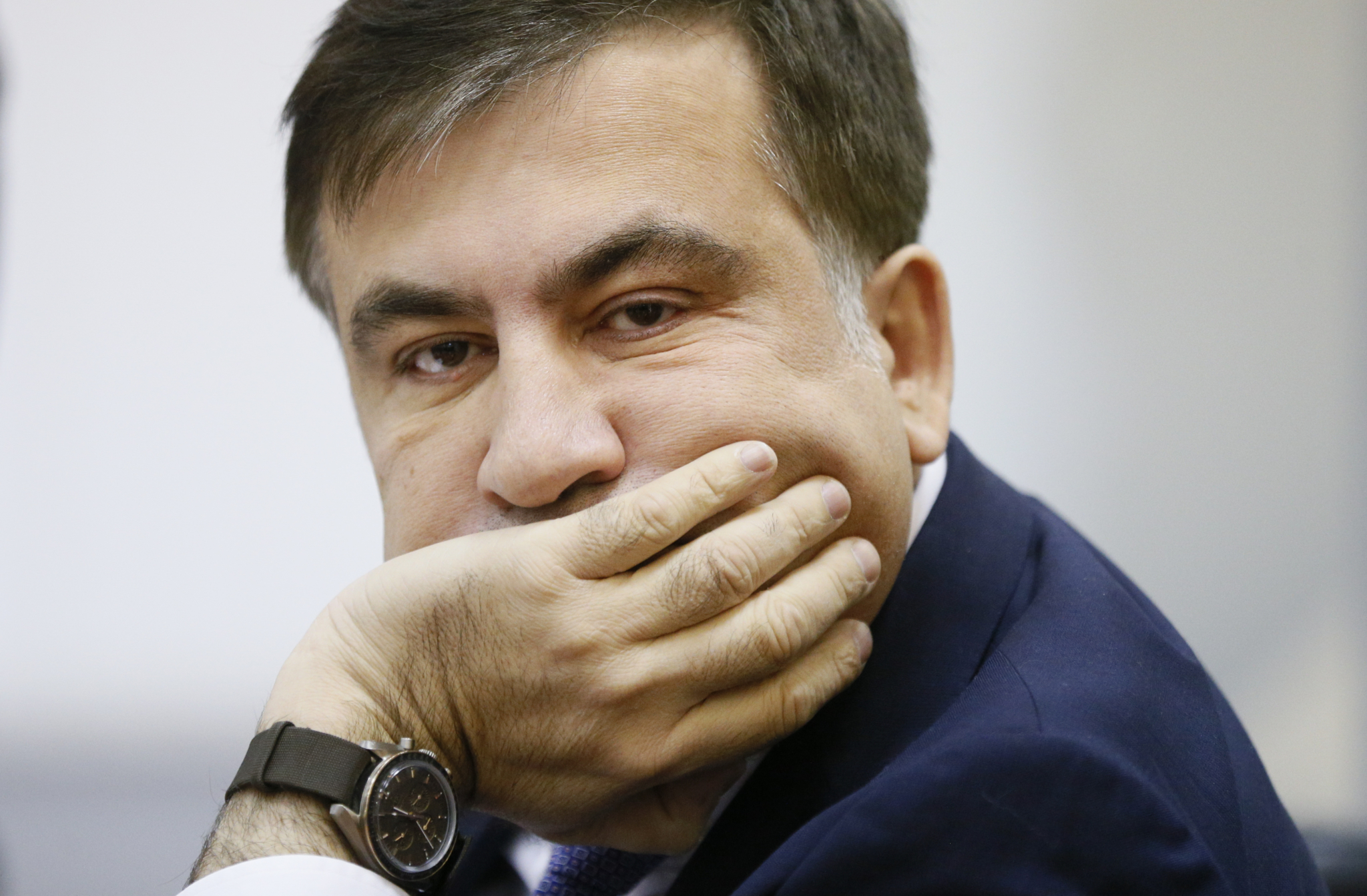
The Tbilisi City Court has found former Georgia president Saakashvili guilty in the murder case of Sandro Girgvliani and sentenced him in absentia to three years in prison. He has also been barred from holding any official position for a period of 17 months.
Saakashvili was charged with abuse of official powers in the Sandro Girgvliani murder case. According to the investigation, Saakashvili had illegally promised the then-chief of the Constitutional Security Department Dato Akhalaia that he would pardon the individuals who were convicted for Sandro Girgvliani’s murder. Later on, bypassing the Pardon Commission, Saakashvili illegally pardoned four individuals who had been sentenced.
Sandro Girgvliani’s case
Sandro Girgvliani’s murder is the most high-profile criminal case in Georgia’s modern history. This murder and the developments related thereto resulted in sharp criticism of the Georgian government of that time. This case cast doubt upon the independence of the Georgian judiciary and the durability of the government’s implemented reforms.
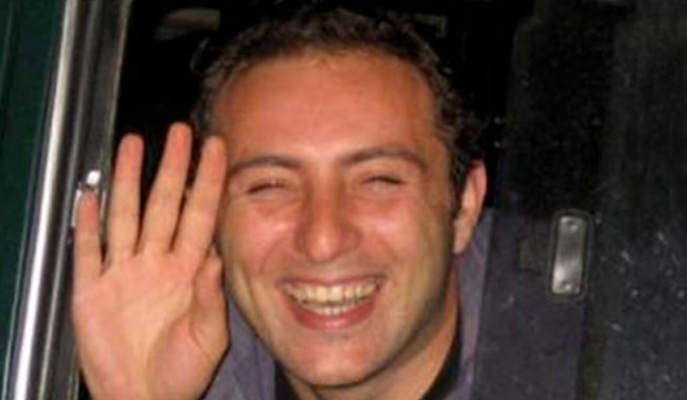
Sandro Girgvliani, 28, the Head of the United Georgian Bank’s Foreign Department, was found dead with multiple injuries on his body in Okrokana (Tbilisi outskirts) on 28 January 2006. However, the public was only made aware of it on 12 February 2006 via Imedi TV.
Shortly before his death Girgvliani reportedly had had an argument with some high-ranking officials from the Georgian MoI (Ministry of Interior) in a bar in downtown Tbilisi. Tako Salakaia, the wife of then-Interior Minister Vano Merabishvili and Dato Akhalaia, then-chief of the MoI Constitutional Security Department who had also been in the bar at that time, were involved in the case.
The official report stated that the quarrel between Girgvliani and the MoI officers resulted in his murder.
Four high-ranking officials of the MoI were arrested over the case: Geronti Alania, Mikheil Bibiluridze, Avtandil Aptsiauri and Alexander Ghachava. They were tried and sentenced to 8-7 years in prison. However, Girgvliani’s family and lawyers claimed the court covered up the identities of the real perpetrators.
Irina Enukidze, Girgvliani’s mother, sought to meet with the President in person. She hoped that the Georgian President and his fair-mindedness could ensure a fair and effective investigation into her son’s murder. However, the President never met Irina Enukidze. He first commented on this high-profile case only 1.5 months after the murder on 16 March: “Any case of this kind is my personal tragedy,’ he said. In his comment he also responded to the opposition’s call for Vano Merabishvili’s (the Minister of Interior at that time) resignation, saying it was ‘very funny’.
He added that he would strongly support Merabishvili in combating crime. “Of course, when the Interior Ministry’s officials are involved [in a crime] it makes the case twice as grave. But it should be mentioned that such a case might have occurred in England or France, and such cases often take place in the USA. Georgia has responded to this case as in these countries… Everybody who deserved to be arrested have already been arrested and if there is someone else he/she will be held responsible as well. Everything that needs to be investigated will be investigated,” said Saakashvili.
In 2009, Maetsro TV released a hidden camera video which confirmed suspicions that the arrestees were under the authorities’ patronage. The video footage showed the ‘exceptional’ imprisonment conditions that were offered to the officers convicted for Girgvliani’s murder. They served their prison sentence in an isolated, specially fenced off area. They frequently received visitors. Open-air picnics with BBQs were organized for them. The video showed that there were even several individuals waiting on the convicts.
On 7 September 2009, 3.5 years after the murder in Okrokana, the MoI officers sentenced for Girgvliani’s murder were released along with 384 other prisoners who were pardoned by the Georgian President.
All members of the Pardon Commission flatly denied the parliamentary commission’s involvement in the pardoning of Girgvliani’s murderers. The chairperson of the Pardon Commission, Elene Tevdoradze, claimed that the four former high-ranking officials had been pardoned personally by President Saakashvili.
Sandro Girgvliani’s family filed a lawsuit with the Strasbourg-based European Court of Human Rights (ECHR). On 26 April 2011, the ECHR ruled partly in favor of the complaints lodged by the Girgvliani family in the case titled ‘Enukidze and Girgvliani vs. Georgia’ and ordered the Georgian government to pay the family EUR 50 000 non-pecuniary damage.
The ECHR found that the Georgian government was not guilty of Sandro Girgvliani’s murder, though it termed the entire investigation process and the developments following this high-profile murder as ‘shocking’ and ‘unacceptable’.
“The Georgian authorities failed to ensure an effective investigation into Sandro Girgvliani’s murder,” the ECHR ruling reads.
According to the ECHR, the investigation ‘manifestly lacked the requisite independence, impartiality, objectivity and thoroughness’.
The Strasbourg Court also touched upon the issue of pardoning the individuals convicted for Girgvliani’s murder. “The Court is struck by President Saakashvili’s unreasonable leniency towards the convicts,” the ECHR stressed in its ruling dated 26 April 2011.
***M
ikheil Saakashvili has dismissed the court decision as politically motivated.
“Convicting the President just because he exercised his right to pardon indicates that this trial is completely politicized.” he wrote on his Facebook page. “It means that the Georgian leadership has failed to find any compromising materials over the past five years against me that would prove my involvement in corruption deals or in any other criminal offences.”
The court’s ruling has been sharply criticized not only by Saakashvili’s supporters, but also by his political opponents and even by the Georgian President Giorgi Margvelashvili.
“It’s outrageous that the Prosecutor’s Office has used the clause of the Constitution on the right to pardon as the grounds for persecution,” said President Margvelashvili.
In his words, the matter concerns misinterpretation of the constitutional right and the attempts to weaken the presidential institution which will raise ‘serious questions and affect Georgia’s political image’.
“We will closely observe this process, since we suspect that persecution under this particular clause serves to further restrict the president’s constitutional rights and weaken the prerogatives that the President enjoys,” said Margvelashvili.
In his words, he and the members of his administration are familiar with the world best practices but couldn’t find a single case in any country’s history where the pardon law had served as a key motive for a court judgment.
Saakashvili’s supporters attended the ex-president’s trial. A rally was also organized outside the court building. Saakashvili’s supporters claim that the court had executed the Georgian Dream government’s order.
According to Saakashvili’s lawyer Sofio Goglichidze ‘the Court has now violated the Georgian Constitution’.
“Mikheil Saakashvili is persecuted on political grounds. It was impossible to render a guilty verdict based on the evidence available in the case,” said Goglichidze.
Khatia Dekanoidze, one of the leaders of the United National Movement (UNM) and a fellow team member of Saakashvili, doesn’t exclude the possibility that the court verdict could provide grounds for Saakashvili’s extradition from Ukraine.
According to Dekanoidze, the two countries’ administrative resources are now directed against Saakashvili.
“I don’t rule out Saakashvili’s extradition because the administrative resources of both countries have been directed against a single person,” said Khatia Dekanoidze.










